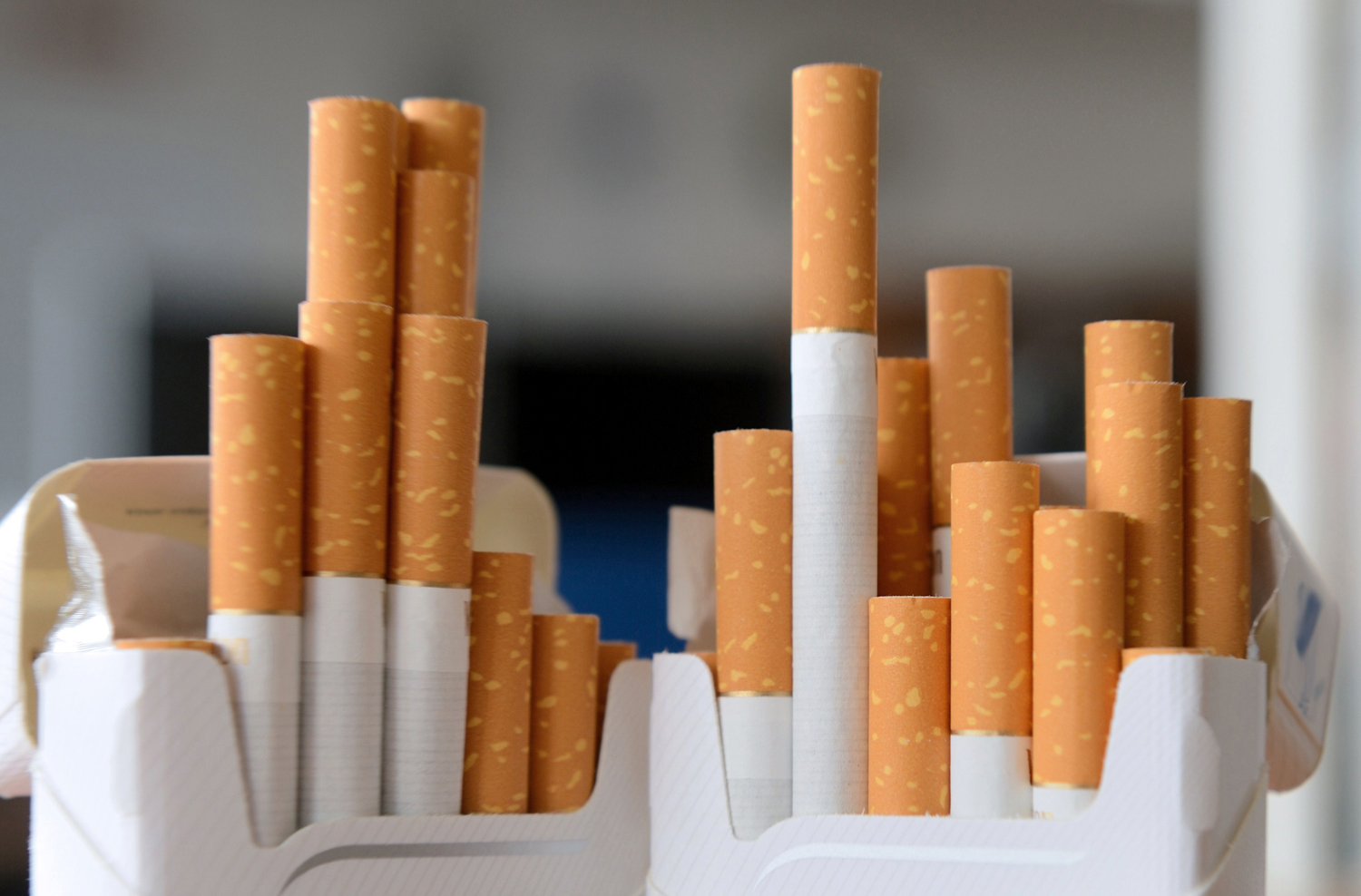Brussels – The consumption of illegal cigarettes is growing across Europe, albeit slightly: in 2024, more than 52 billion were smoked, 10 per cent of the total and 0.2 per cent more than in 2023. Leading the way are the EU Member States, primarily France and the Netherlands. In Italy, growth was almost zero, basically maintaining the same level as in recent years.
The data was put in black and white by the consulting agency KPMG, in the 19th study commissioned by Philip Morris International (PMI) on the flows of illegal tobacco products— including heated tobacco devices—in 38 markets on the Old Continent (the 27 EU members, the six Western Balkan countries, Moldova, Norway, the UK, Switzerland, and Ukraine). The report was presented today (11 June) at an event organised by the Nato Defence College Foundation, entitled “Europe’s Economy and Security at Risk”.
According to the figures, last year the volume of such illegal consumption stood at 52.2 billion units in the 38 surveyed countries. This figure, which equates to one illegal cigarette for every 10 consumed, includes counterfeit cigarettes, smuggled cigarettes, and so-called illicit whites (legally produced but smuggled into countries where distribution is limited or non-existent). Overall, this is a 0.2 per cent increase over 2023.
But not all of Europe saw the same trend. In the twenty-seven countries, the consumption of illicit cigarettes increased by 10.8 per cent, reaching a record figure of 38.9 billion units. That is 9.2 per cent of total cigarette consumption, the highest level since 2015.
France represents the largest illegal market on the continent in absolute terms. Here in 2024, 18.7 billion cigarettes were smoked illegally: more than one in every three cigarettes lit in France (37.6 per cent) was sold illegally, and of these, 7.8 billion were counterfeit. In relative terms, the strongest increase in illicit consumption (of total cigarettes consumed) occurred in the Netherlands, where a 10.2 per cent increase over the previous 12 months was recorded, standing at 17.9 per cent.
38.9 billion illicit cigarettes were consumed across the EU in 2024.
That’s nearly 1 in 10 cigarettes.
Counterfeit consumption alone rose by 20.2% in just one year.
Illicit trade isn’t just a black-market issue; it’s a threat to public health, public security, and… pic.twitter.com/yW7iVU4xNq
— Philip Morris International (@InsidePMI) June 11, 2025
In contrast, in several EU countries (including Bulgaria, Greece, and Portugal) and non-EU countries (especially Ukraine), illegal cigarette consumption decreased significantly. The highest drop was recorded in Kyiv, where smuggling and counterfeiting volumes decreased by 29 per cent compared to last year, while Athens recorded a 6.2 per cent year-on-year decrease.
Italian data remain substantially unchanged from the previous survey, confirming Italy’s international standing as a best practice example. Out of a total of 59.8 billion cigarettes smoked in The Boot during 2024, approximately 1.1 billion were illegal, or 1.8 per cent: an almost zero increase (+0.02 per cent) on the previous year. In total, the market for illegal cigarettes in Italy, which has its strongholds mainly in Friuli-Venezia Giulia and Campania, is worth approximately €226 million in uncollected taxes.
The black market for cigarettes is a multidimensional problem, with repercussions in various areas. “The illicit tobacco trade threatens the European economy, public health, security, and social stability,” said Christos Harpantidis, Senior Vice President, External Affairs for SMEs. “Its huge socio-economic impact negatively affects tax collection, job creation, and legal businesses.” In 2024, EU governments lost almost €15 billion in tax revenue (around €9 billion in France alone), a figure that exceeds €19 billion when considering all 38 countries analysed by the report.
The problem is that some anti-smoking policies are substantially ineffective (with respect to the goal of reducing consumption) if not actually counterproductive (in terms of losses to the treasury): high and sudden increases in taxation on cigarettes do not make people stop smoking but, if anything, push consumers to seek cheaper products on the black market, as in the case of France and the Netherlands (where unit costs for tobacco items are significantly higher than elsewhere), ending up only benefiting criminal networks, smugglers, and counterfeiters.
The solution proposed by PMI is “evidence-based regulation, with a balanced taxation, continuous public-private cooperation and increased support to regional and national law enforcement,” to counter criminal organisations that are consolidating their presence precisely in countries where prices are highest, such as those in Western Europe.
English version by the Translation Service of Withub





